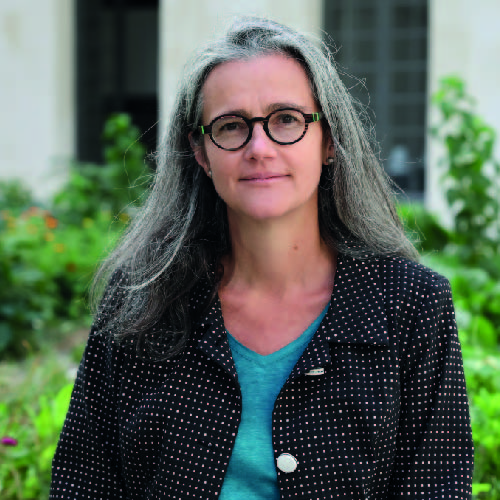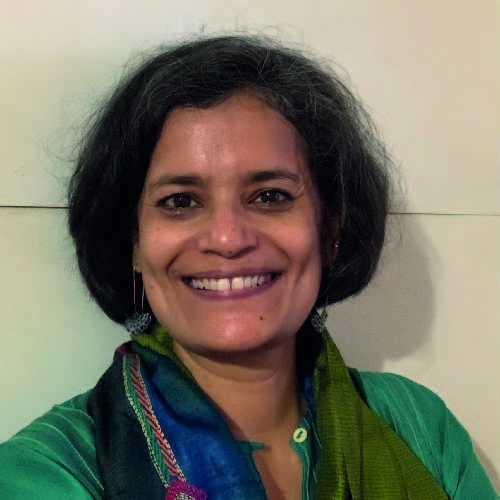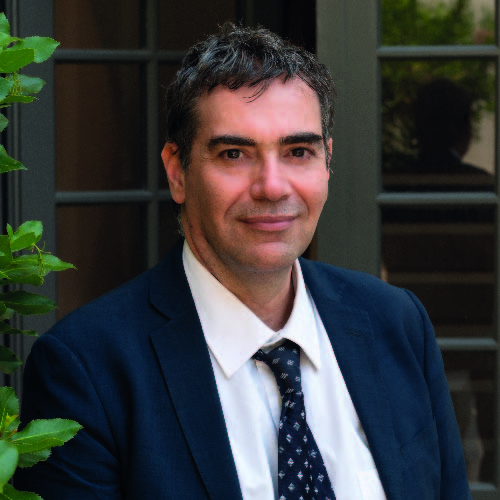AESOP 2024 ANNUAL CONGRESS | TRACKS
36th AESOP Annual Congress 2024 Paris, France
“GAME CHANGER? Planning for just and sustainable urban regions”
TRACK 06: GOVERNANCE
Planning and democracy: contradictions, failures, and agonistic alternatives in shaping urban spaces and in urban planning practices.
Chairs:
- Enrico Gualini, TU Berlin
- Joel Idt, Université Paris-Est
- Donato Casavola, Politecnico di Torino
Can conflicts and contradictions be at the heart of urban policy-making and planning practices? After decades during which viewing the production of space from a ‘governance’ perspective (for instance, focusing on the dialogues, partnerships, negotiations, etc.) appeared to be commonsense, times are ripe now, more than ever, either for critical assessments and for experimental alternatives to this narrative. Conflicts are no longer systematically seen as problems. Through local experiments and networked exchange, urban political communities have started addressing tensions,contradictions, and failures of established governance practices. In doing so, they are turning critique and agonistic engagement into opportunities for cooperation and materials for innovation in urban planning and policies. At the core of these new emerging practices is the struggle for recovery and – as it were – for the reinvention of the role of the public in producing urban policies. New local democracy experiments thus dwell on a problematisation of governance that highlights such contradictions as well as the quest for alternatives.
This track aims at exploring the current state of local planning and governance as practices developing in a dialectic environment of de- and re-politicisation in agonistic arenas where the struggle for change is at the same time a struggle for new formats and principles of co-production that is at least partly based on conflicts, tensions and contradictions between stakeholders. The track welcomes contributions that aim at promoting scholarly analysis of current practices dealing with issues such as:
- emerging contentious issues of urban development, for which planning and governance struggle to find effective balances of divergent positions and interests;
- experimental governance initiatives by introducing new patterns of interaction and leaving some room for conflict;
- the role of conflicts and contradictions in urban planning techniques and in public policy instruments, which bring technical debates to a political level.
- new forms of public-civic cooperation potentially capable of introducing policy change and institutional innovation, despite (or rather thanks to) the tensions that can exist in this type of situation;
- directions towards overcoming formal-institutional 'invited' citizen participation and towards 'inventing' new forms of participatory governance;
- critical reflections on achievements of the 'new municipalism' in reinventing urban governance as well as on the mid-to-long-term challenges facing it.
Keywords: agonistic democracy; conflict; co-production; experimental governance; local democracy; Planning practices and instruments; public-civic cooperation
LOC
The Local Organising Committee













